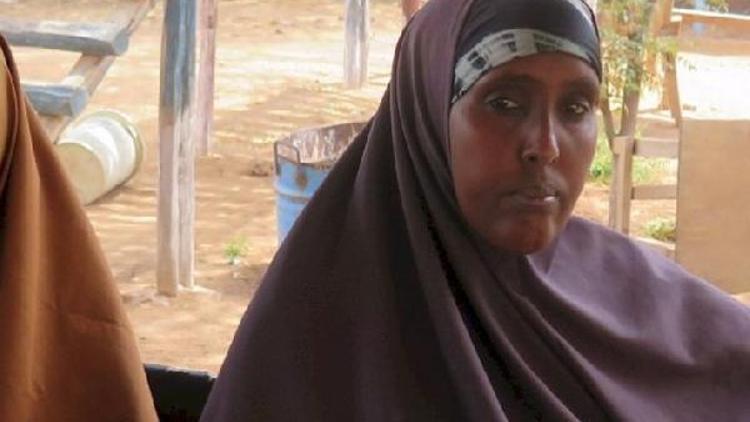Rights groups accuses Kenya of coercing refugees to return to Somalia
Güncelleme Tarihi:

Rights groups accuses Kenya of coercing refugees to return to Somalia
James Archibald / Cape Town, Nov 16 (DHA) - Amnesty International yesterday said that the Kenyan government are deliberately coercing refugees to return to Somalia, where they risk being injured or killed in the ongoing armed conflict.
Amnesty International made the accusation in a statement yesterday, just two weeks before Kenya intends to close Dabaab, the world’s largest refugee camp, which is home to more than 280 thousand mostly Somali refugees. Kenya announced the decision to close the camp in May, citing security, economic and environmental concerns, in addition to lack of support by the international community.
According to Amnesty International, government officials have threatened people to leave before the closure on November 30.
“The refugees are caught between a rock and a hard place. Kenyan government officials are telling them they must leave by the end of the month or they will be forced to leave without any assistance,” said Michelle Kagari, Amnesty International’s Deputy Director for East Africa, the Horn and the Great Lakes.
“These actions contravene the Kenyan government’s assurances to the international community that it would ensure all refugee repatriations are voluntary and carried out in safety and dignity.”
One refugee who has lived in Dadaab for the last 24 years told Amnesty International, “They [the Kenyan authorities] are pushing us to Somalia. They came to our block areas with microphones and said, “You have to go register yourselves to go to Somalia… If you don’t go register yourself now you will have to go on foot with your babies on your backs.”
Amnesty International researchers visited Dadaab in August, where they interviewed refugees and held focus group discussions. One case study involved two brothers aged 15 and 18 who had gone to Somalia in January 2016 and came back to Dadaab four months later. They said that when they got to Somalia, their father was killed in front of them and they were forcibly recruited by Al-Shabaab before managing to escape and making their way back to Dadaab.
Most refugees interviewed by Amnesty International said they were only considering leaving due to threats from Kenyan government officials and surveys in July and August by the Kenyan government and the United Nations High Commissioner for Refugees in July and August found that only 25 percent of refugees were willing to return.
So far no alternative options have been provided for most refugees not wishing to return to Somalia. Several of those who spoke to Amnesty International cited not only insecurity, but the lack of basic services and fear of discrimination as reasons for not wanting to return.
In the statement, it was also noted that Somalia has over 1.1 million internally displaced people and lacks the resources needed to handle a large-scale return of refugees from Dadaab.
Kenya hosts more than 500 thousand refugees, at least 330 thousand of which are Somalians. Kenya has received limited support from the international community, with a United Nations appeal for funding 272 million USD having only been 38 percent funded.

